The Importance of a Post-Workout Routine and Muscle Recovery

Most people obsess over their workouts, but what you do immediately after each session can profoundly impact your long-term results. Similarly, giving your muscles enough time to recover between workouts is a crucial component of consistency and optimal physical performance.
Read on to learn more about muscle recovery and post-workout routines, how the two connect, and what it means for you.
What Are Post-Workout Routines, And Why Should You Have One?
A post-workout routine is a sequence of activities you perform after a training session. For example, if you enjoy traditional gym training, your post-training routine will begin as soon as you complete your last set.
Having a post-training routine is beneficial for reaping greater benefits from your training and establishing positive habits. It can also support muscle recovery, reduce muscle soreness, and maximize potential muscular hypertrophy (1).
Examples of Good Routines to Use After Exercise
There are a lot of activities you can perform after training and many ways of combining them to align with your long-term goals and needs.
Muscle Growth or Fat Loss Routine
1. Rehydrate - exercise often leads to fluid loss due to sweating. Drinking water after finishing a workout is essential for replacing lost fluids and preventing dehydration because it can lead to fatigue, muscle cramps, brain fog, headaches, and more (2, 3, 4). Water is also vital for supporting your body’s internal processes, including muscle protein synthesis, which is essential for good recovery and muscle gain (5).
2. Massage your muscles - hypertrophy training often includes large amounts of training volume, leading to stiffness and soreness (6). Massaging your muscles after training is beneficial for preventing these effects, kickstarting the recovery process, and improving your mobility (1). A great option is to use a foam roller for self-myofascial release (7).
3. Eat protein - The nutrient supplies your body with the building blocks (amino acids) it needs to repair damaged muscle fibers and promote their growth (8). Eating enough of the nutrient also supports protein turnover rates, reducing the risk of losing muscle while dieting to get lean (9).
General Health Routine
1. Hydrate - just as hydration matters for muscle gain and fat loss, it’s also essential for general health, so drink up after training (10). Stick with water, tea, and milk.
2. Meditate - mindfulness practices aren’t traditionally added to post-workout routines but sitting down and meditating after working out can be great. Doing so is beneficial because working out floods your body with endorphins, elevating your mood and calming your mind (11). As a result, mindfulness practices can have more pronounced health effects.
Anti-Soreness Routine
1. Stretch - post-training stretching has become increasingly popular. Lengthening your muscles and keeping them stretched for a while is good for making you more flexible and better able to assume a variety of poses. Research also notes that post-training stretches can promote recovery and reduce muscle soreness (12).
2. Take a cold shower - having a cool or cold shower after training is beneficial for reducing inflammation in your muscles and lowering the risk of muscle soreness that often occurs due to damage to muscle fibers. Brave individuals can also dip their toes in ice baths which have more pronounced effects than cold showers (1).
3. Consume magnesium - the essential mineral is important for numerous functions inside the body, including those related to your metabolism and mental health (13, 14). Taking some magnesium after working out is a great way to replenish the mineral and promote muscle relaxation. According to research, supplementing with the mineral encourages muscle relaxation, reduces soreness, and might even support your athletic performance (15).
4. CBD - Cannabidiol (CBD) has shown in pre-clinical studies to reduce delayed onset muscle soreness (DOMS) and have anti-inflammatory and analgesic (pain relieving) properties (18) - helping athletes recover and reset for future training.
The Importance of Muscle Recovery For Growth and Performance
Taking the time to give your muscles a rest allows for them to repair and grow through muscular hypertrophy. Overtraining or training a specific muscle group too soon interrupts that process and can lead to decrease gains, low-energy availability, or even in rare cases, rhabdomyolysis, a condition that results from the breakdown of muscle fibers, which leak into your blood and can cause permanent kidney and cardiovascular damage(19)
Everyone can push themselves to their limits for a short period, but true athletes focus on recovery and attack each workout in a fresh and recovered state. As a result, they perform better and are at a lower risk of acute and chronic injuries.
Most of us are eager to learn advanced exercises, do challenging routines, and try various intensity techniques to spice up our training; but in order to ensure that all of that hard work produces results - we need to rest and recover.








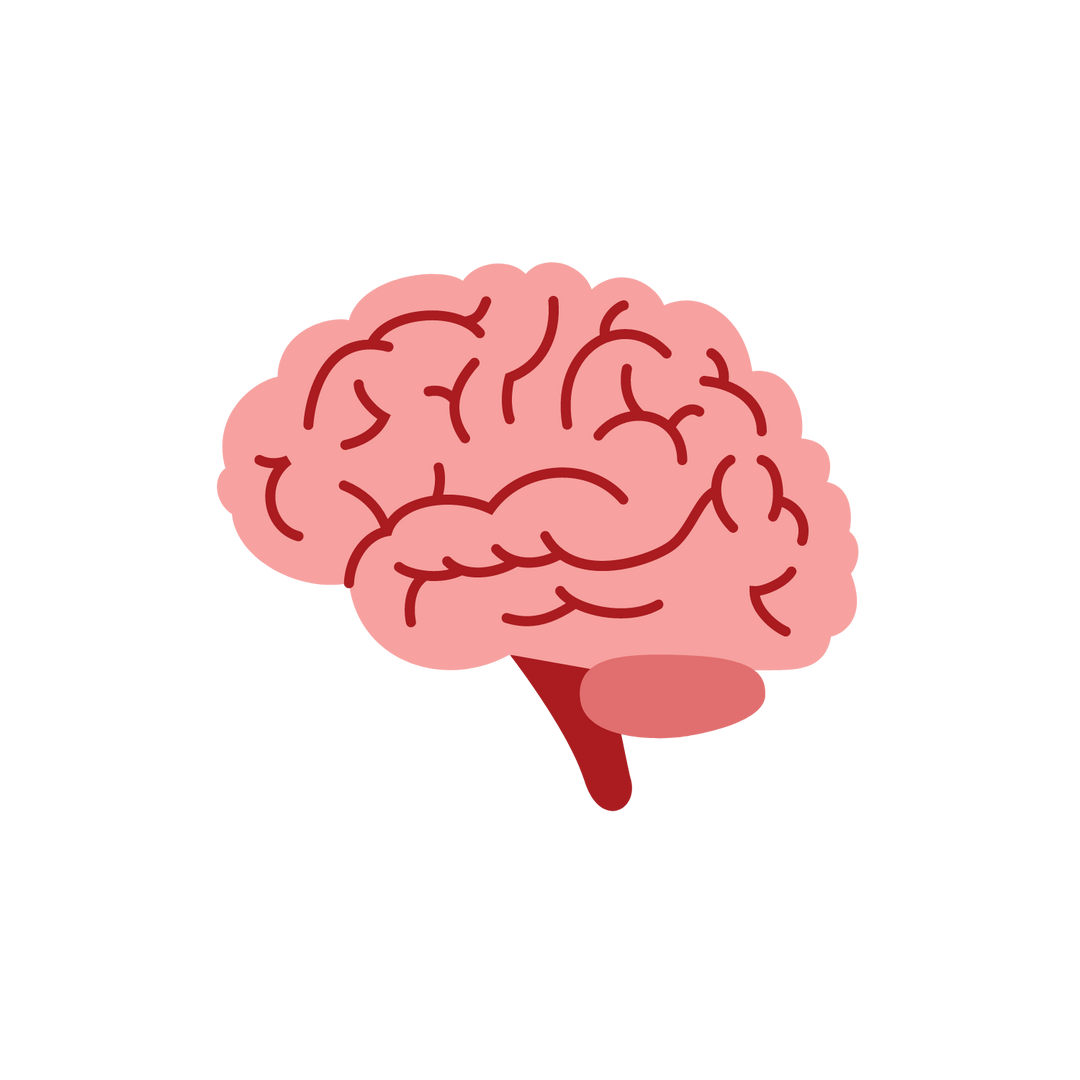

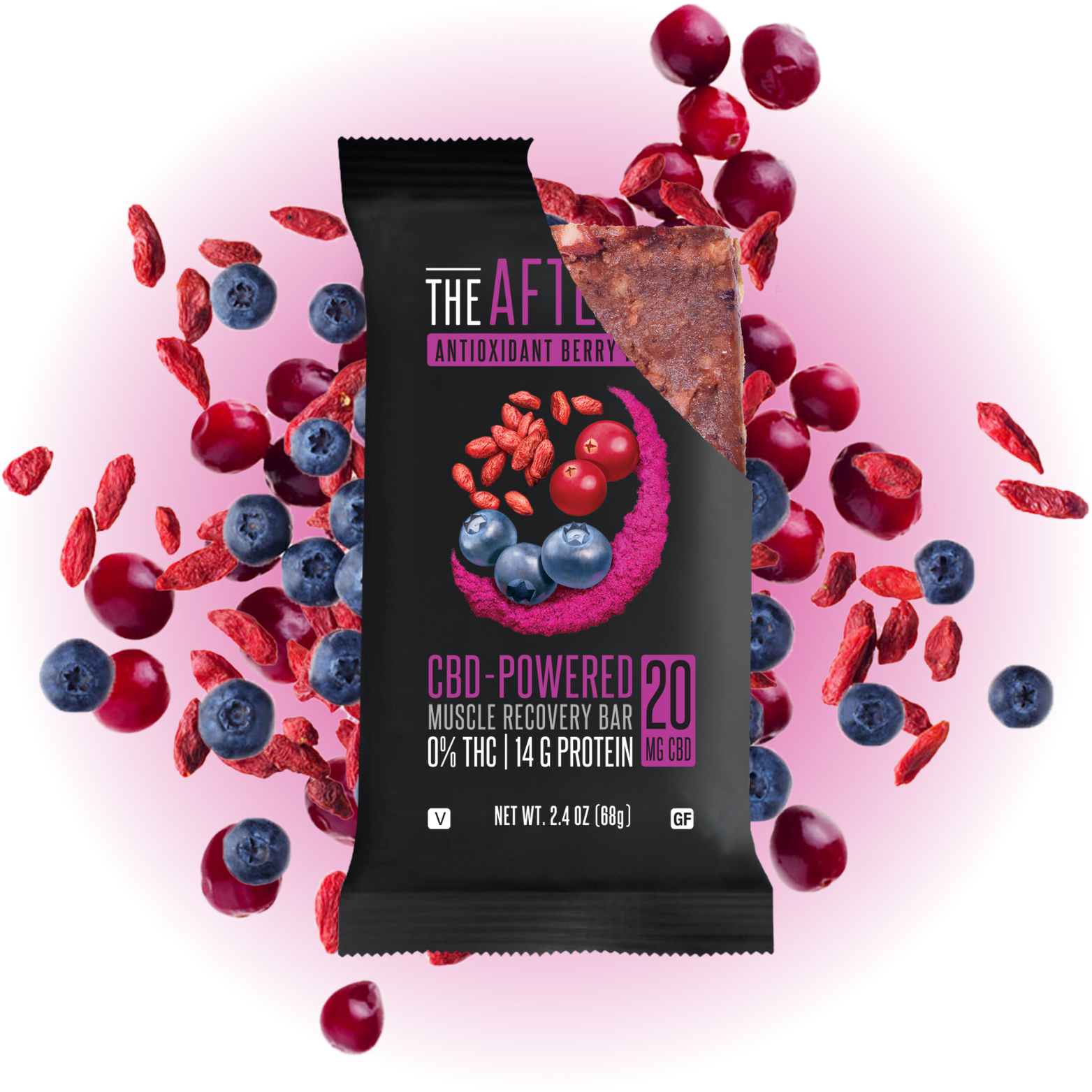
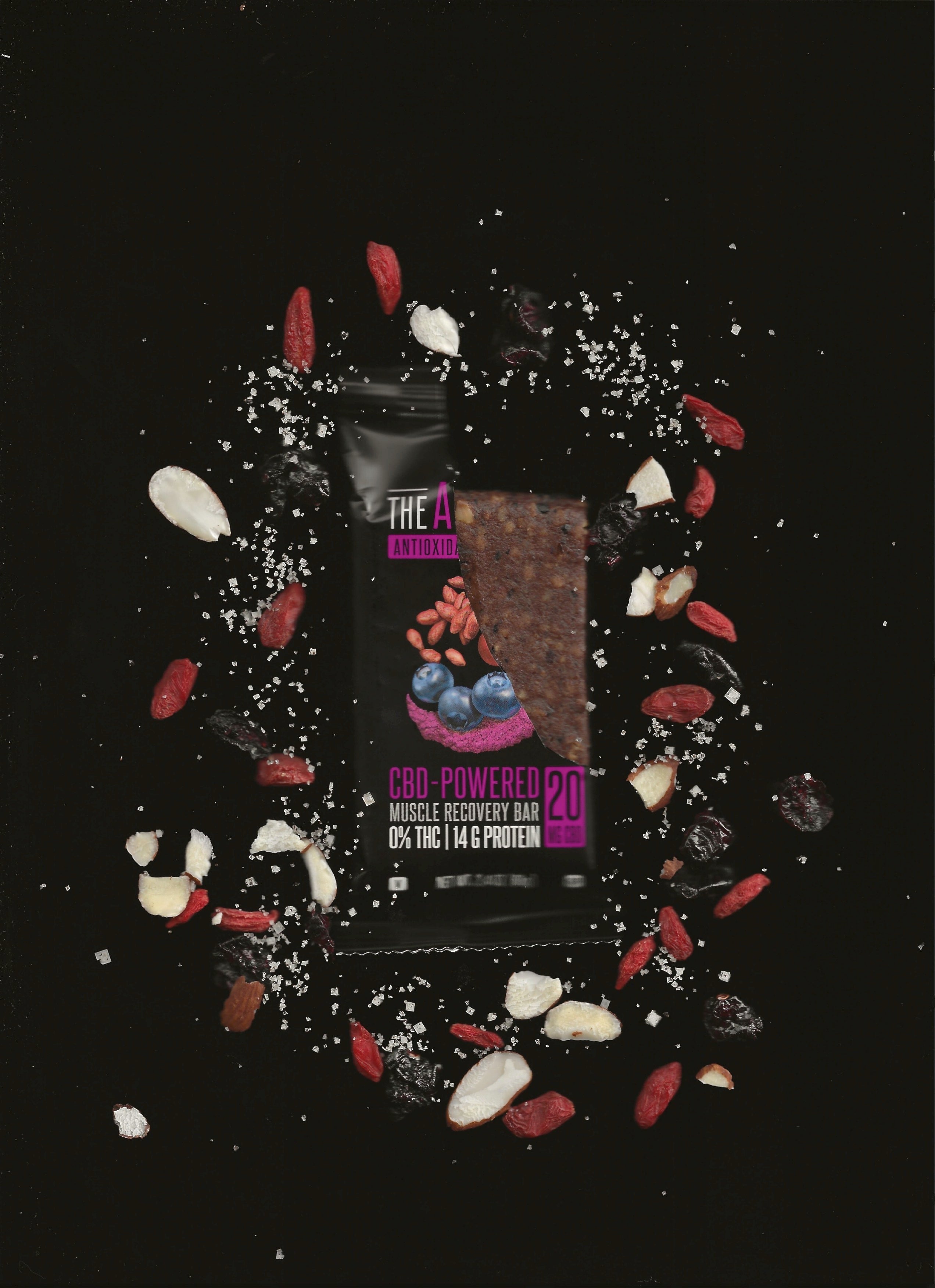


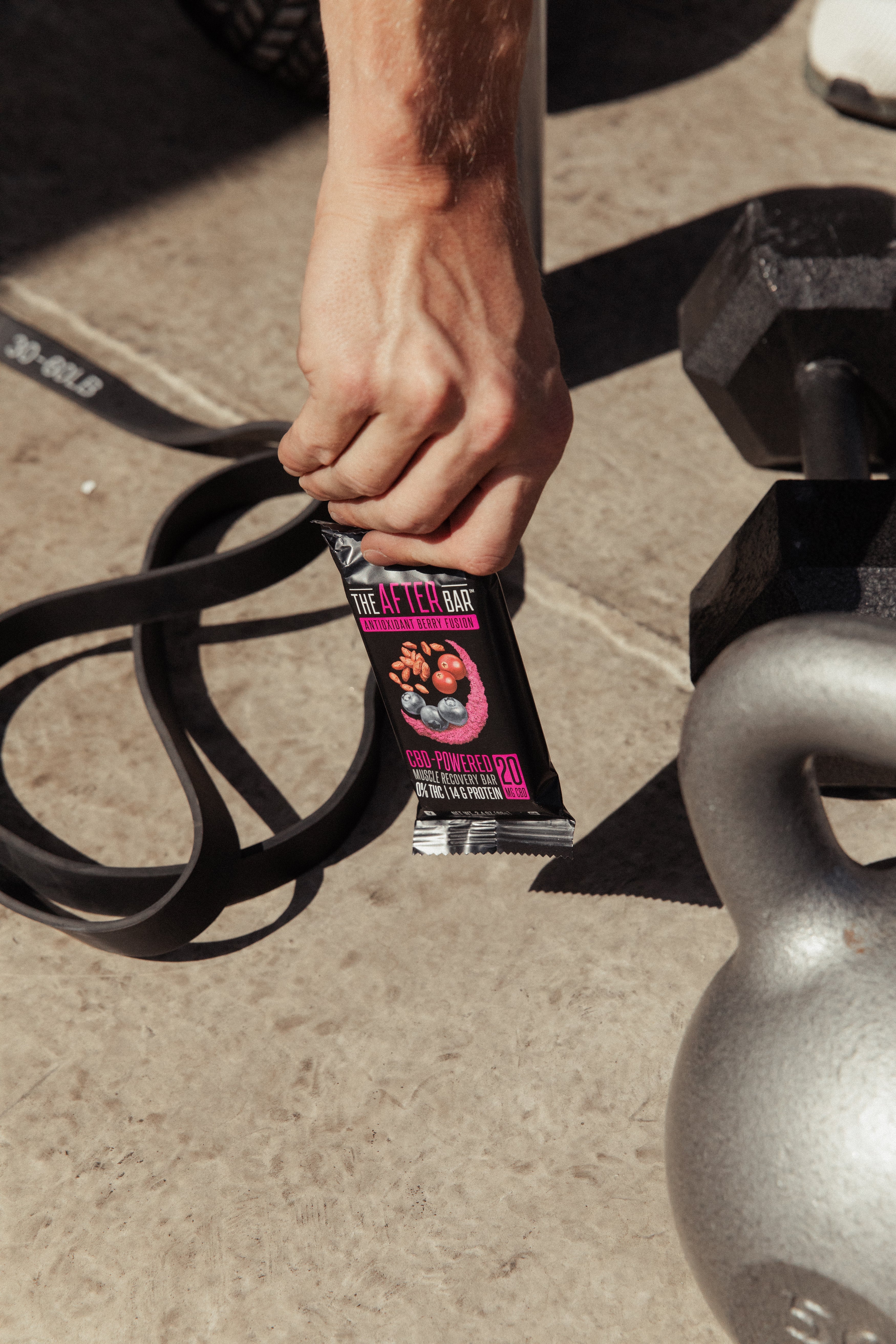
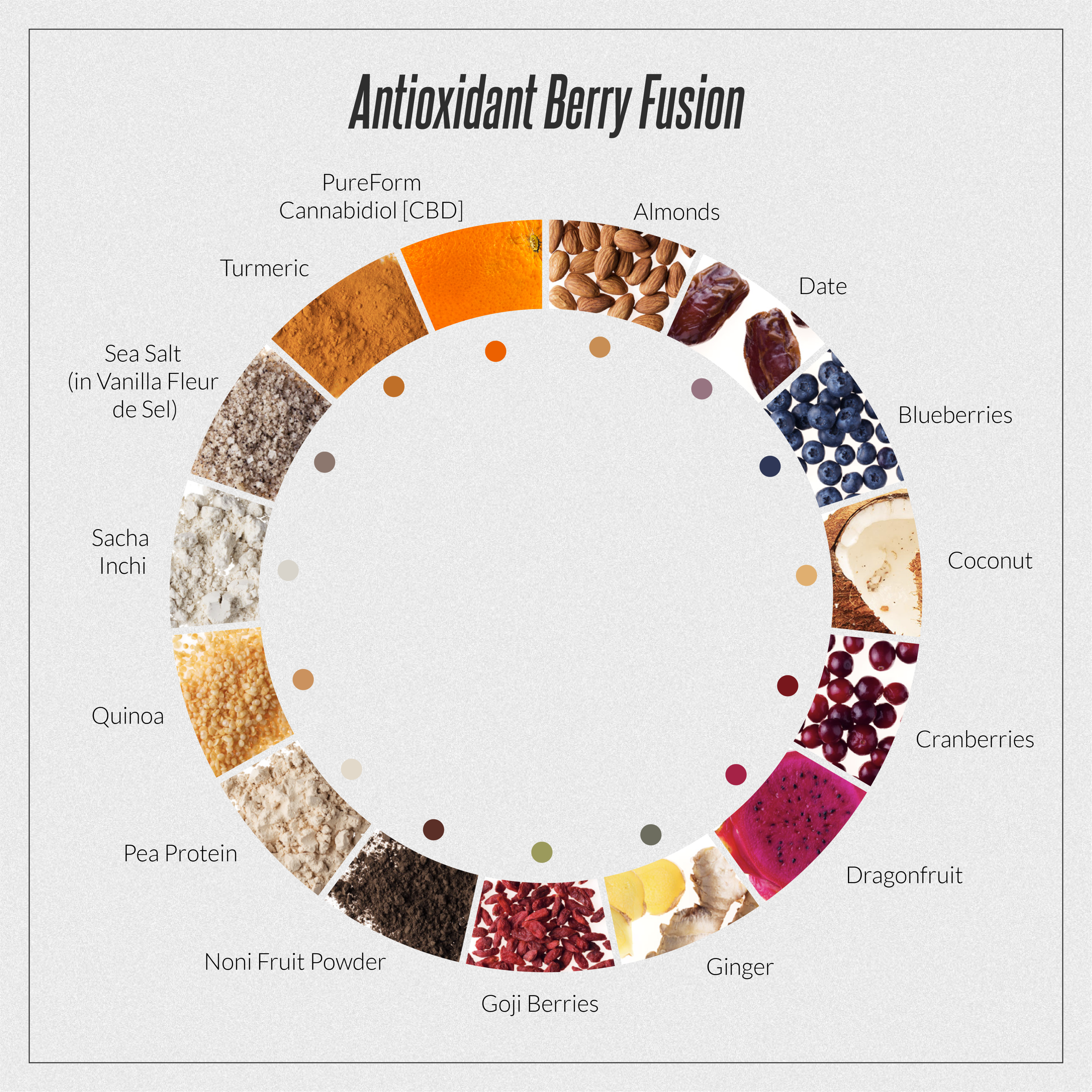
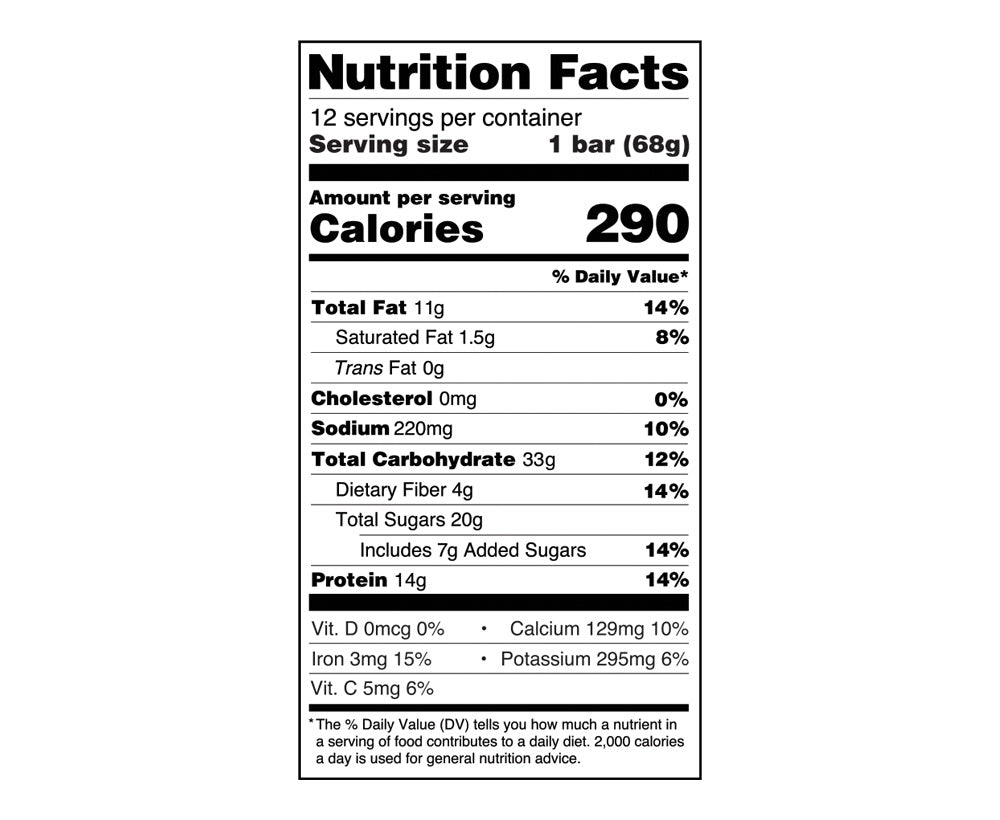
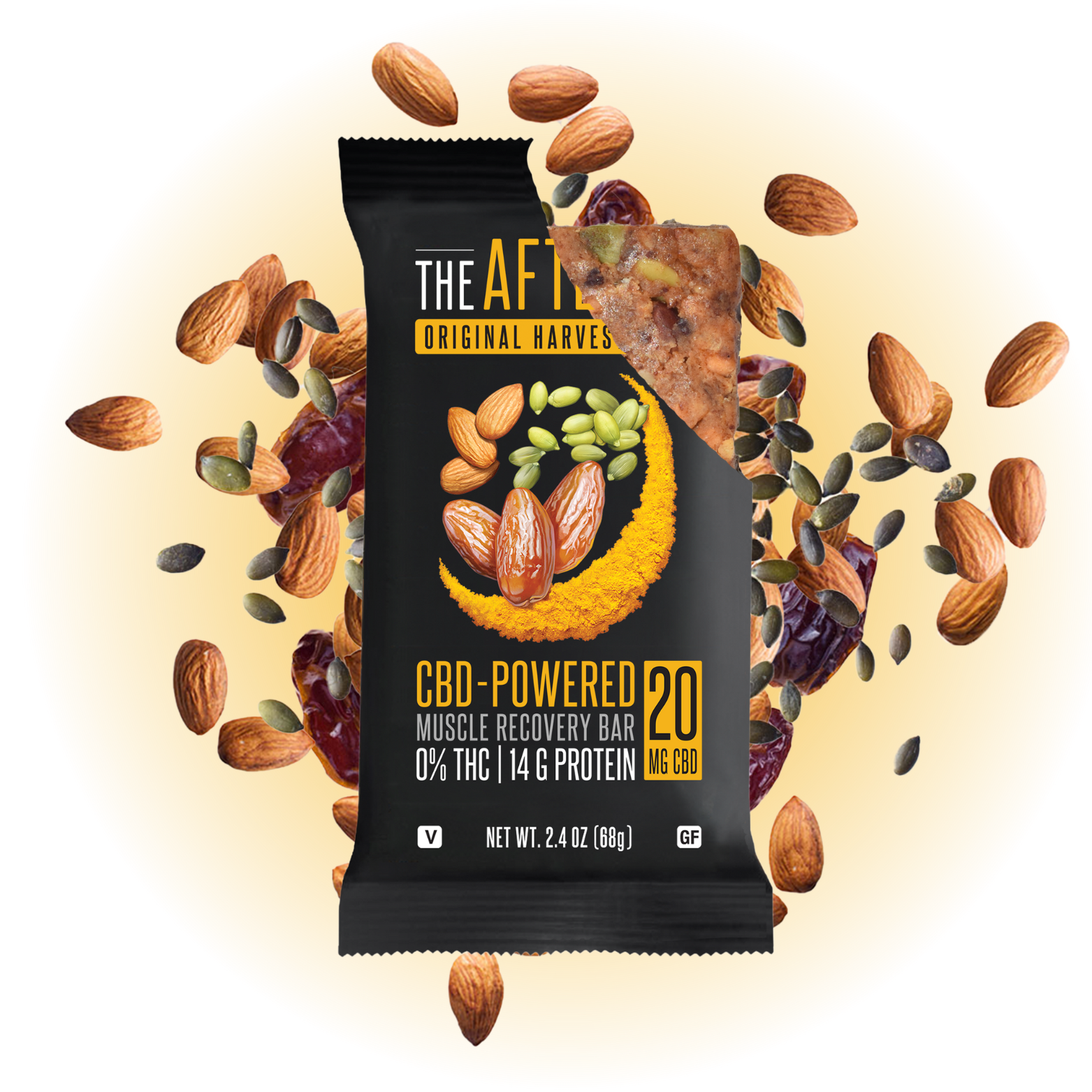
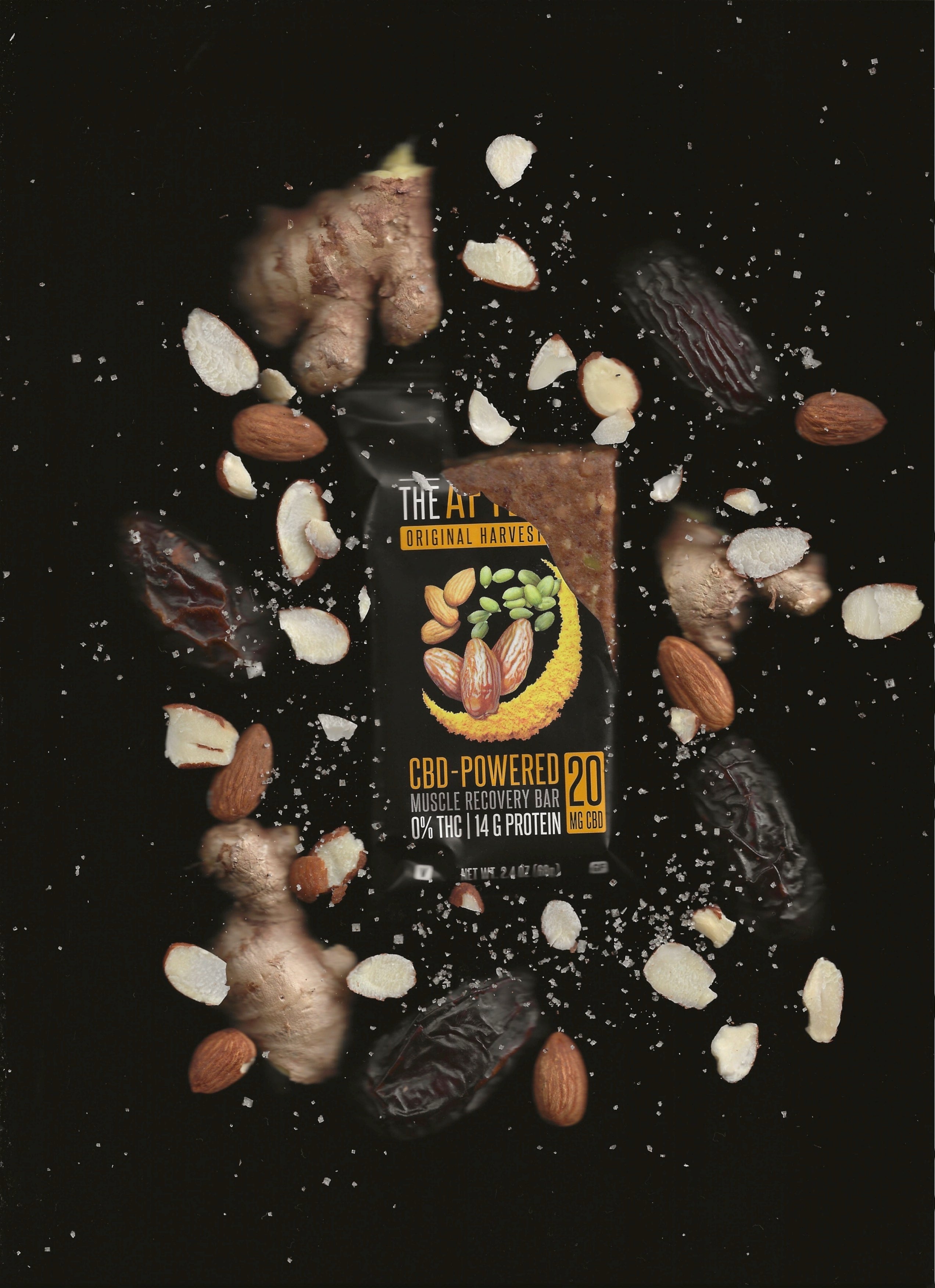
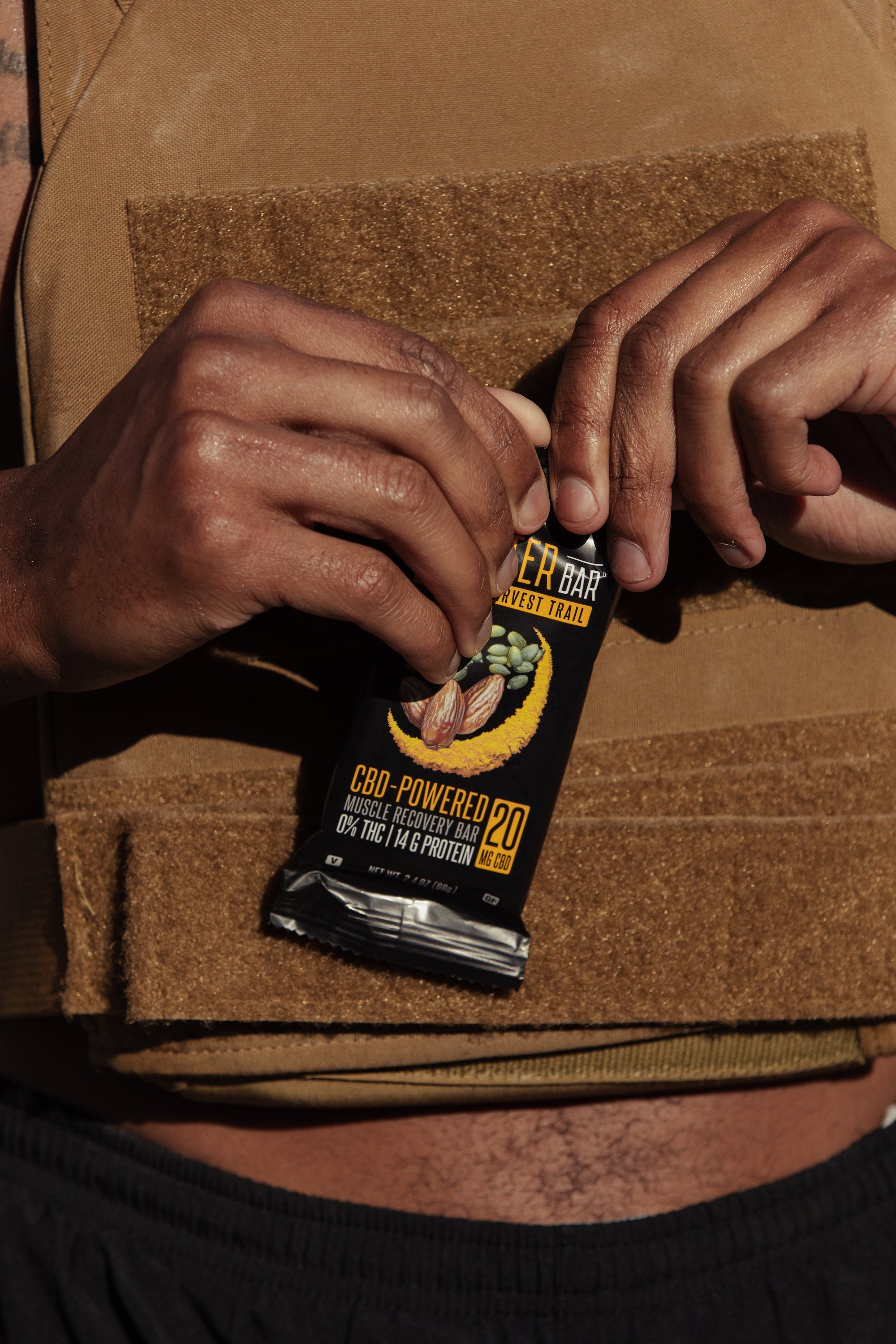

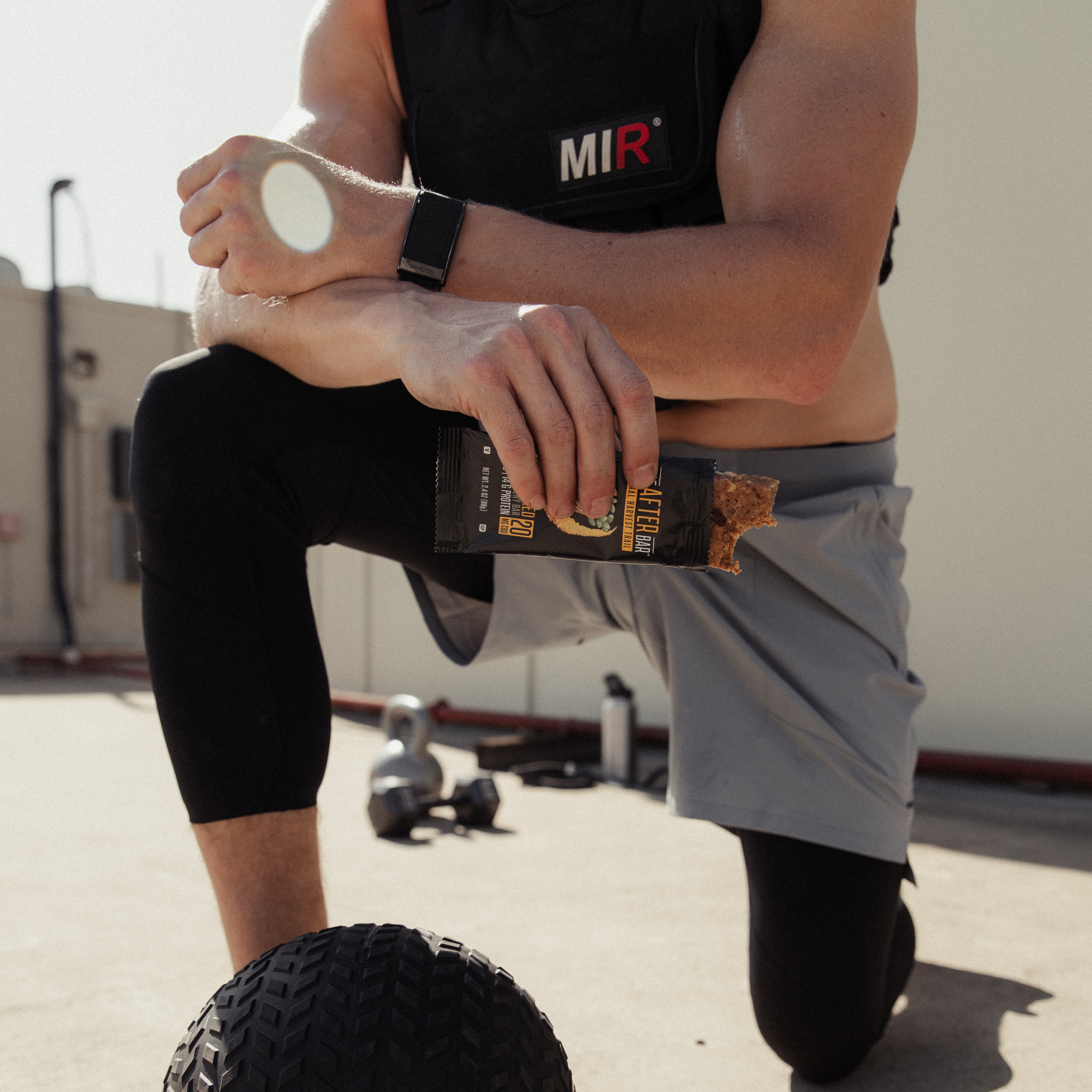
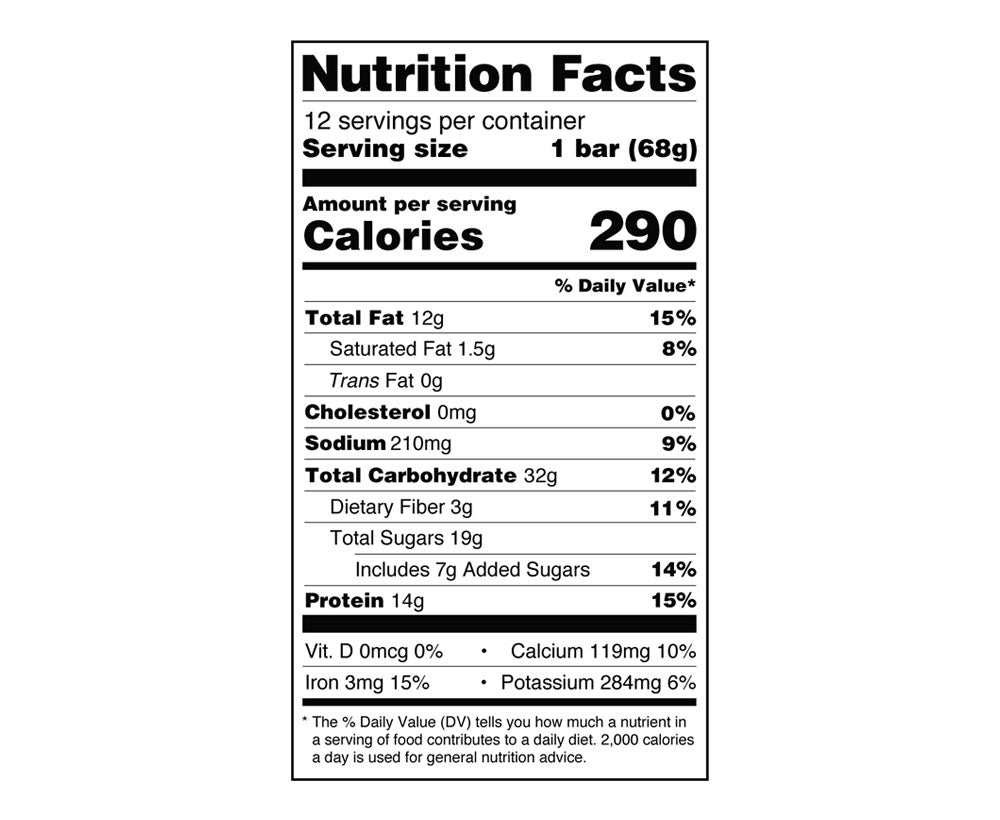
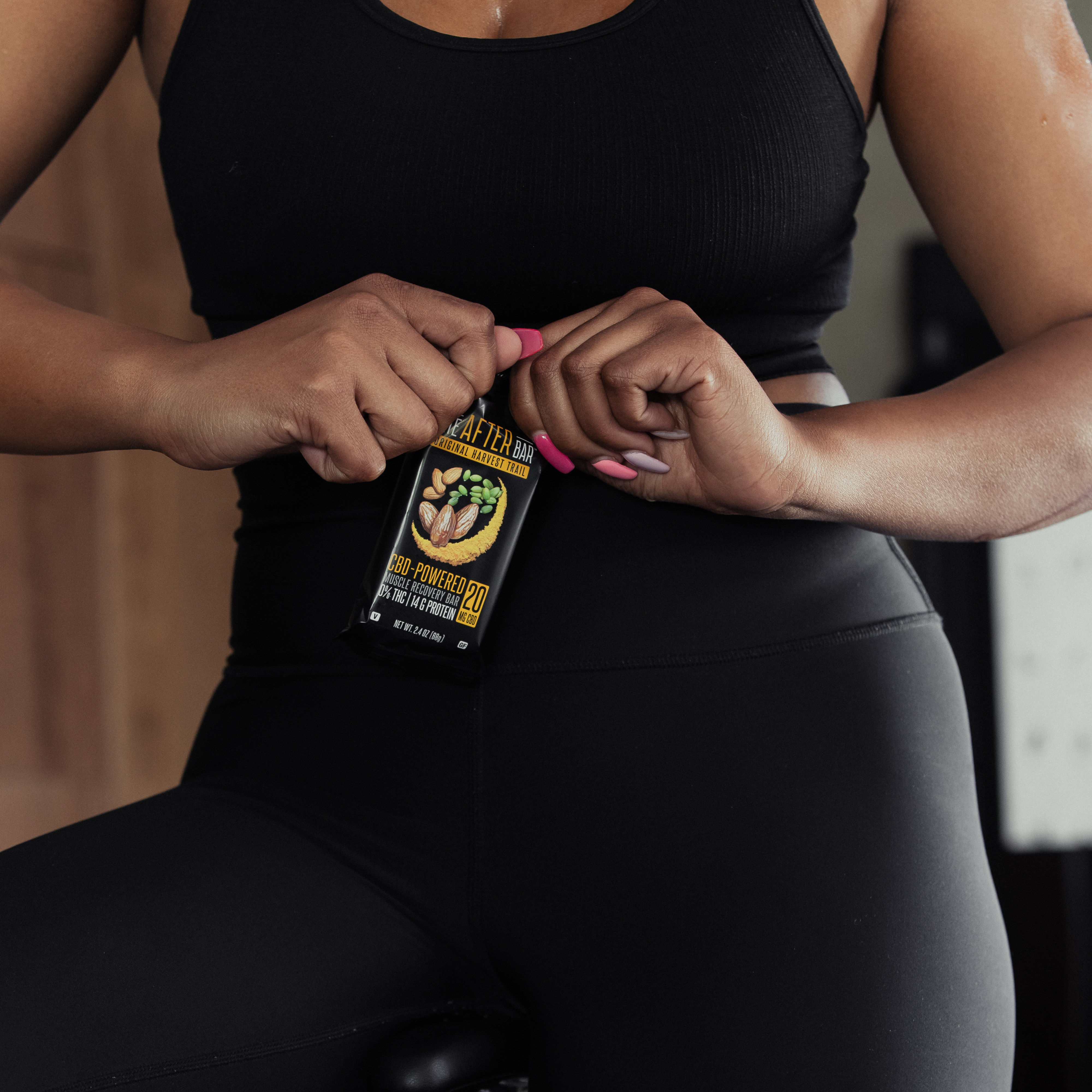
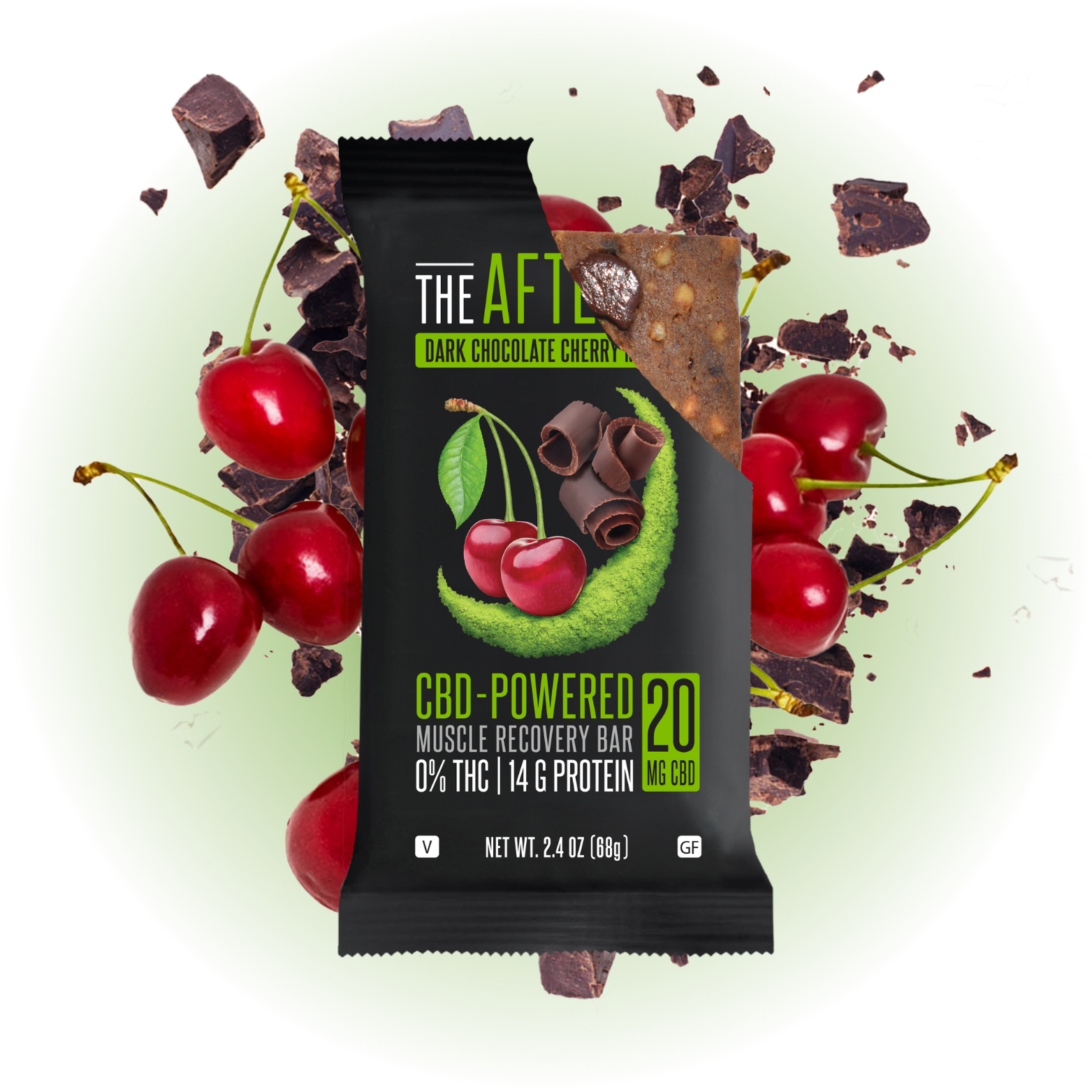
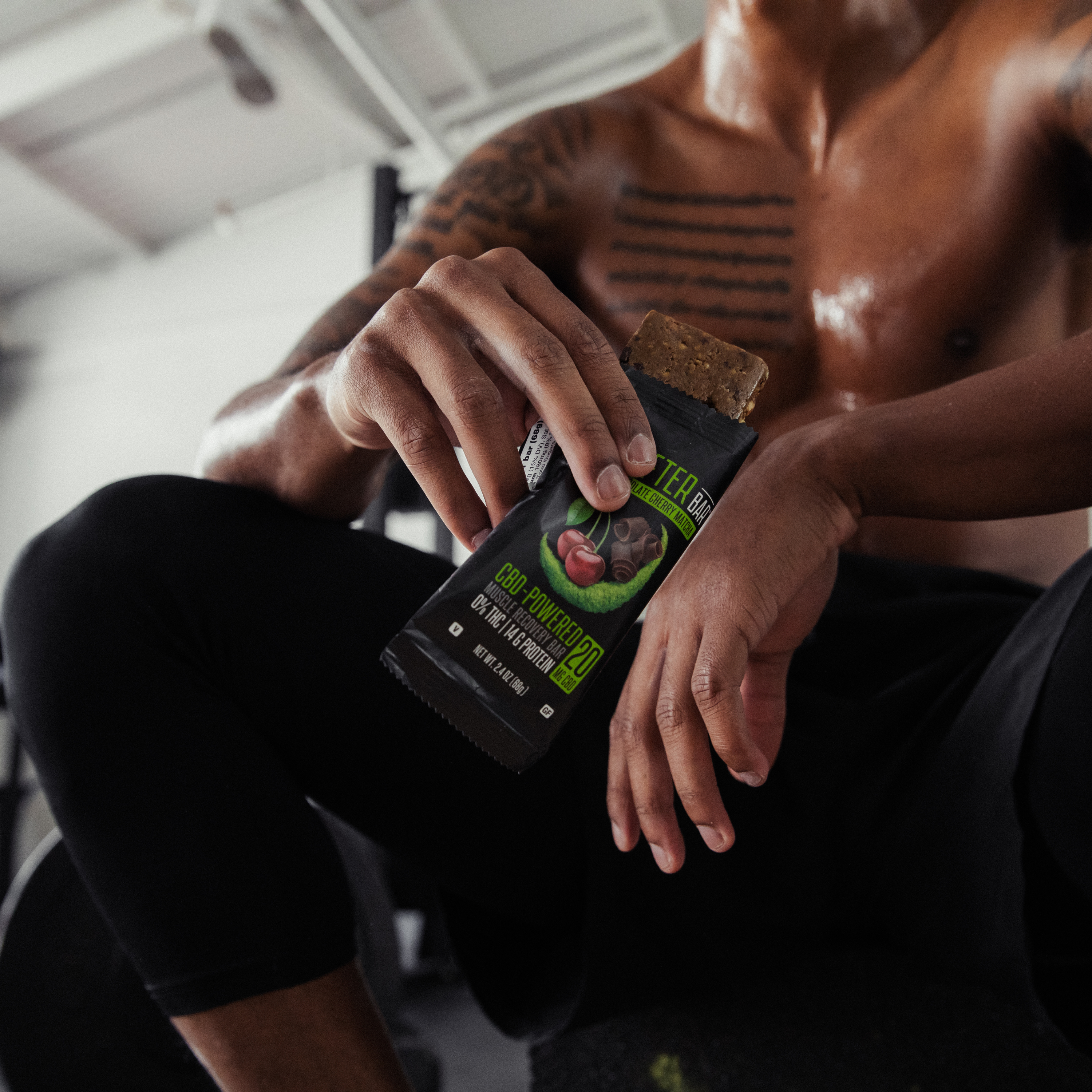


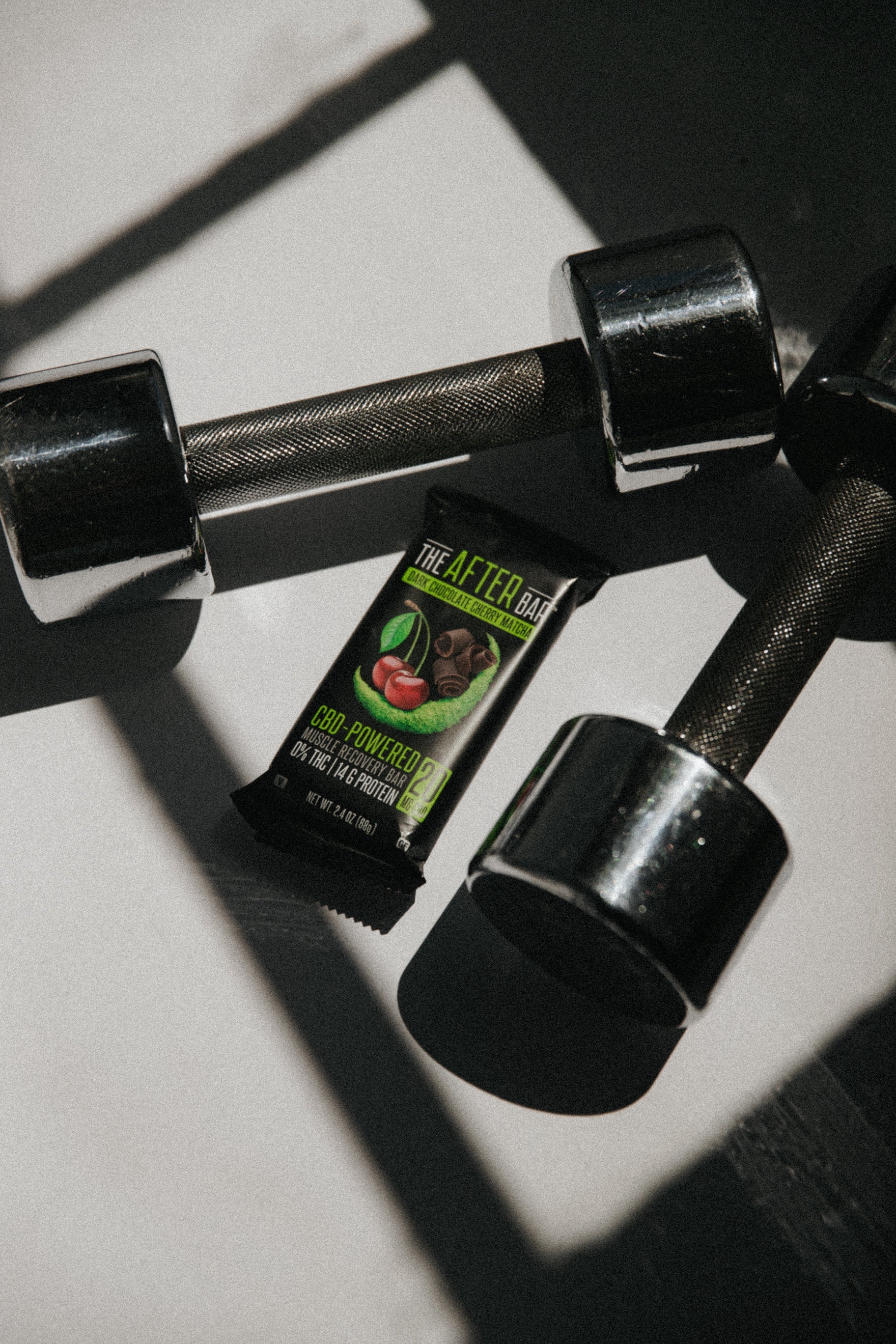
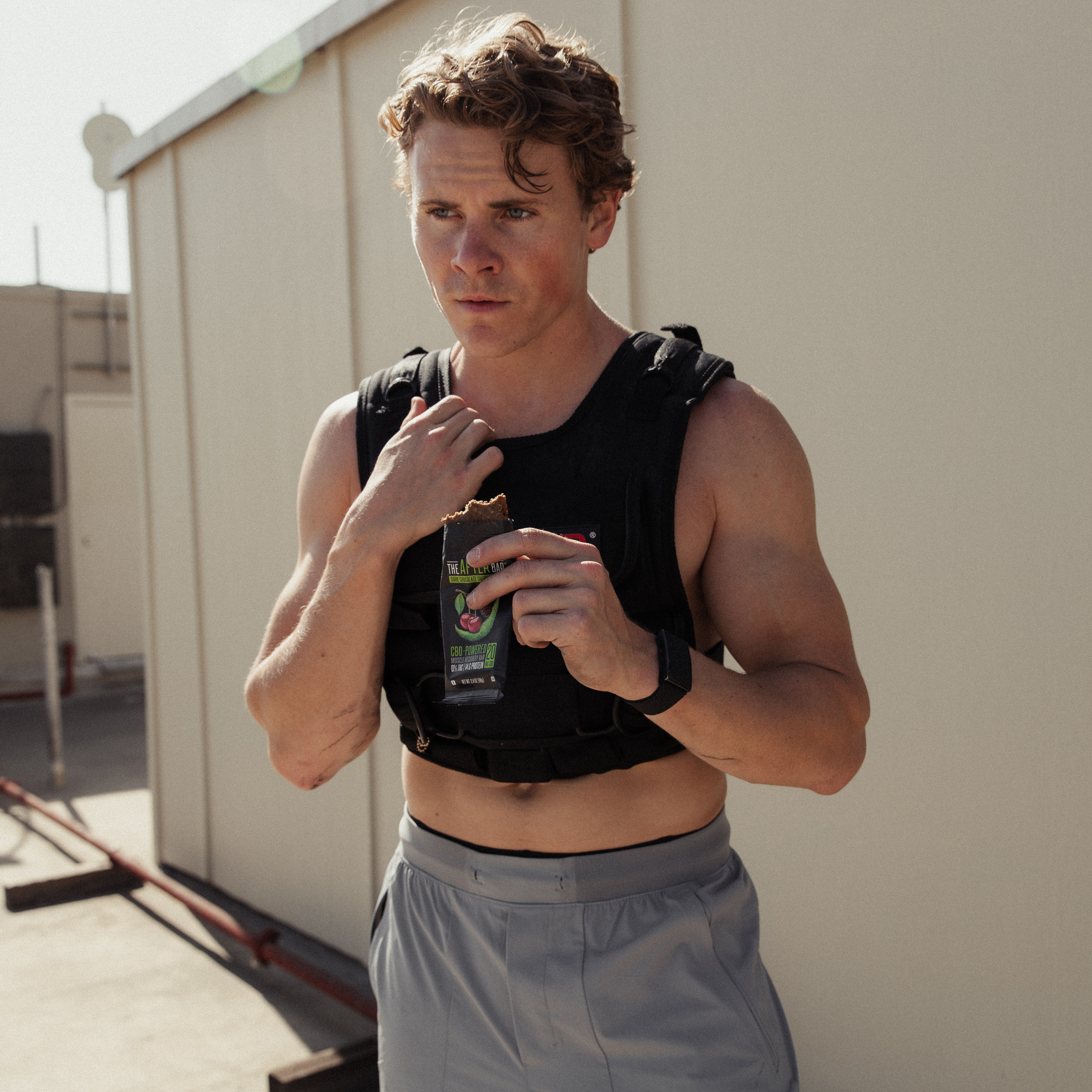
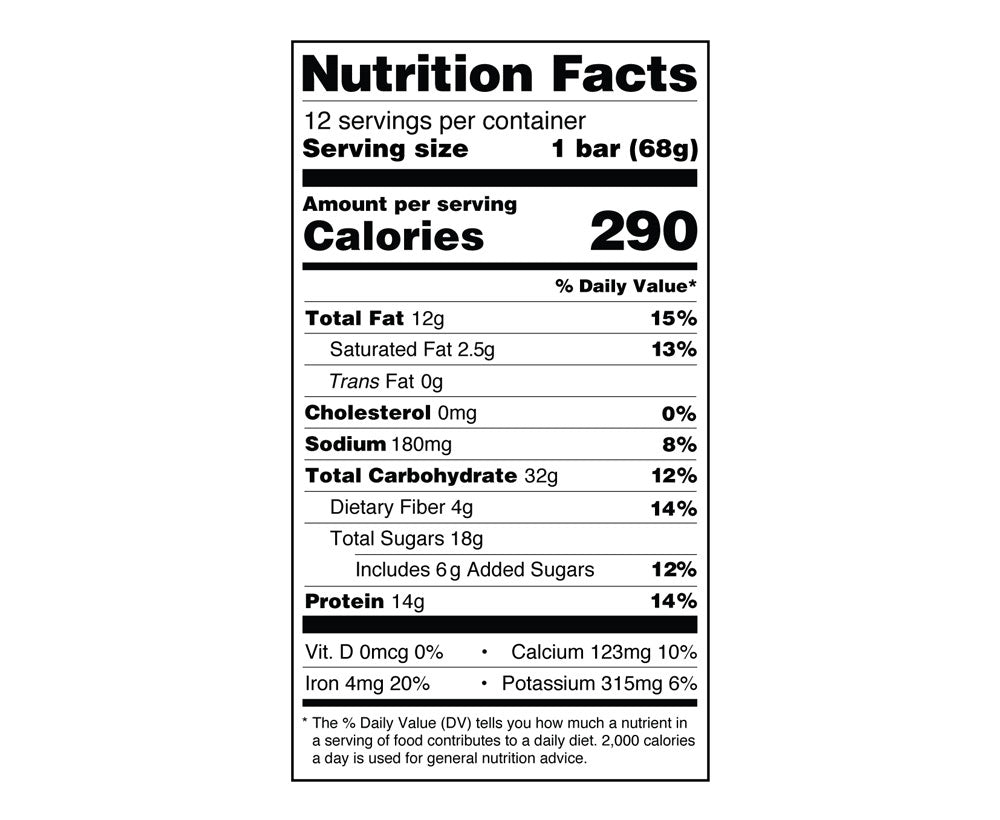
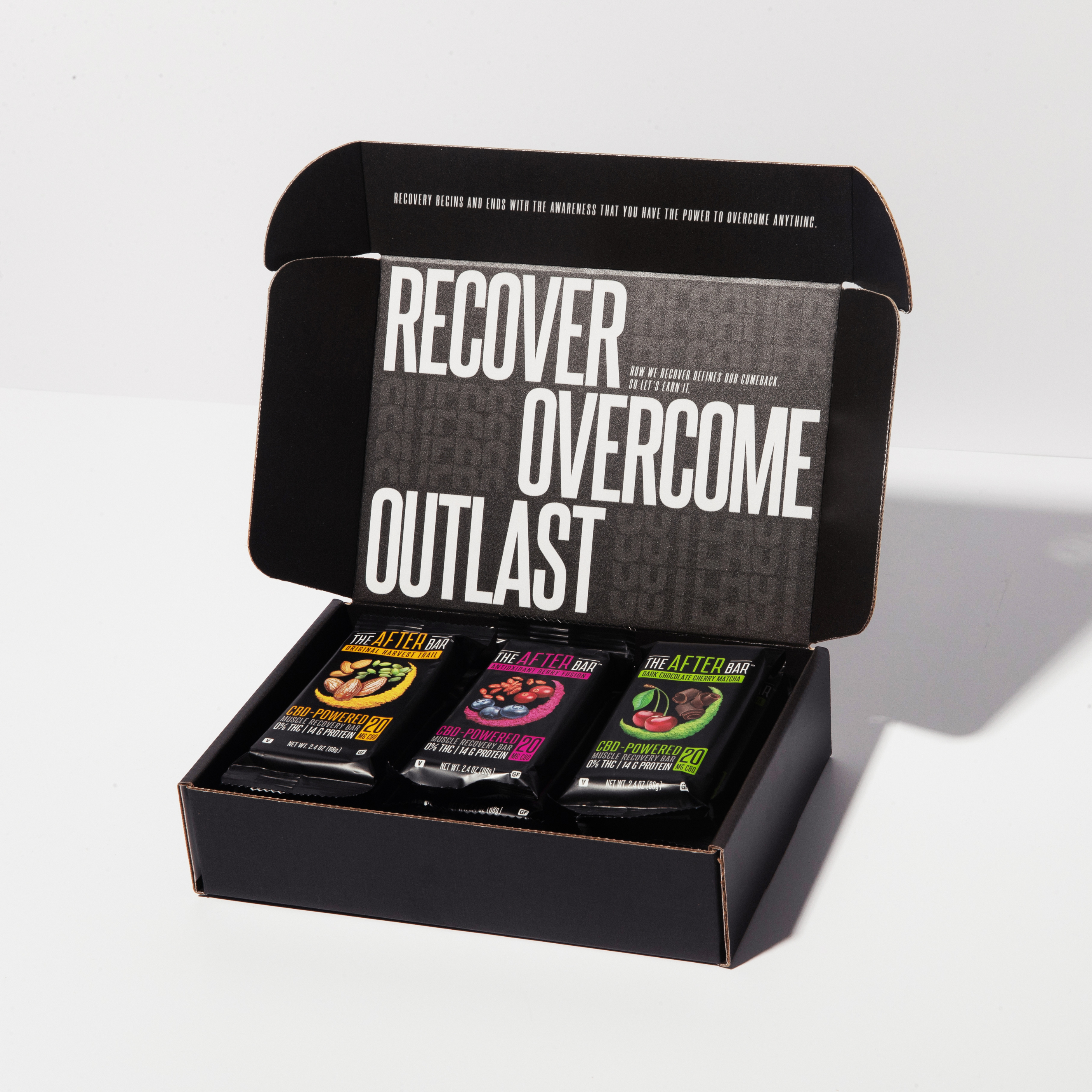
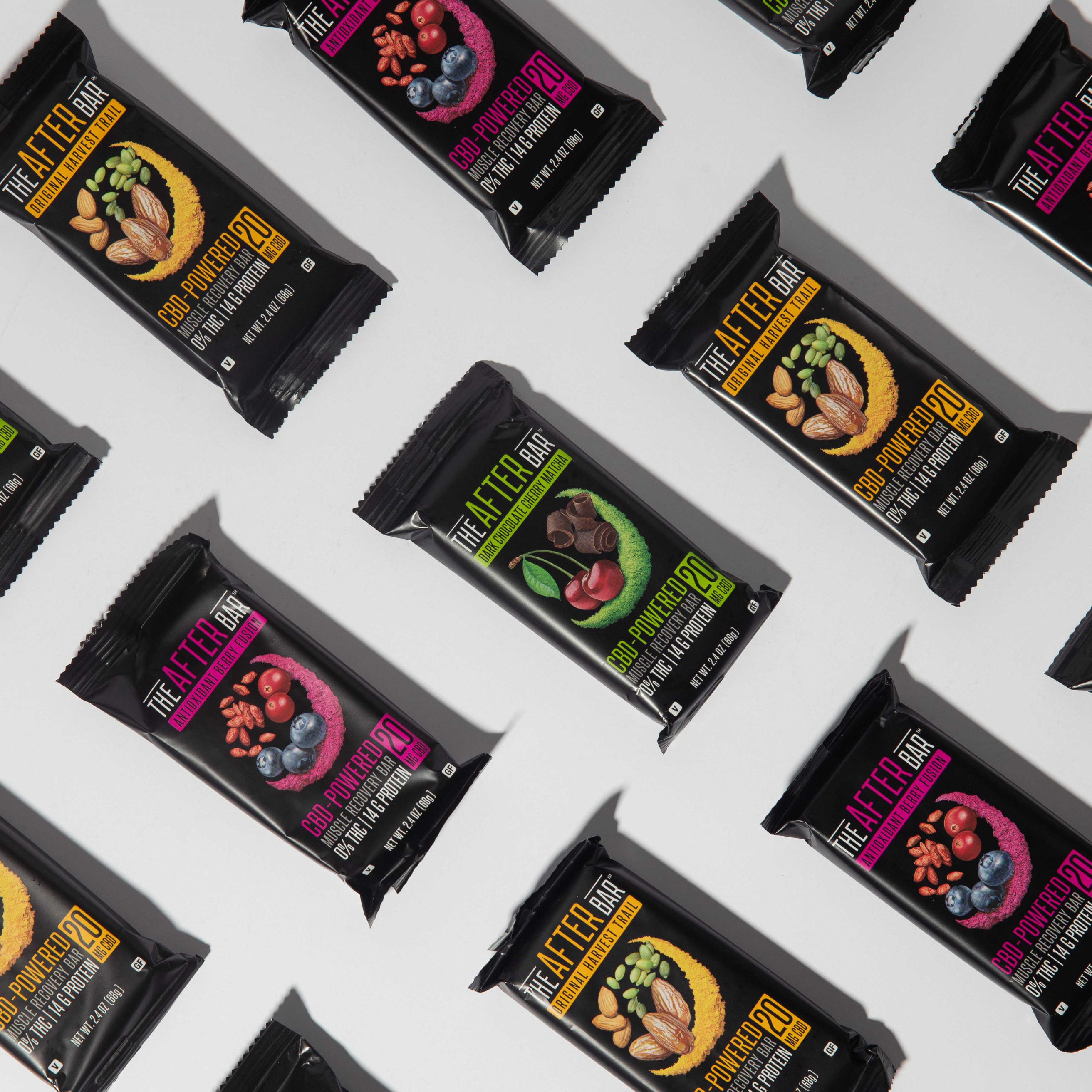


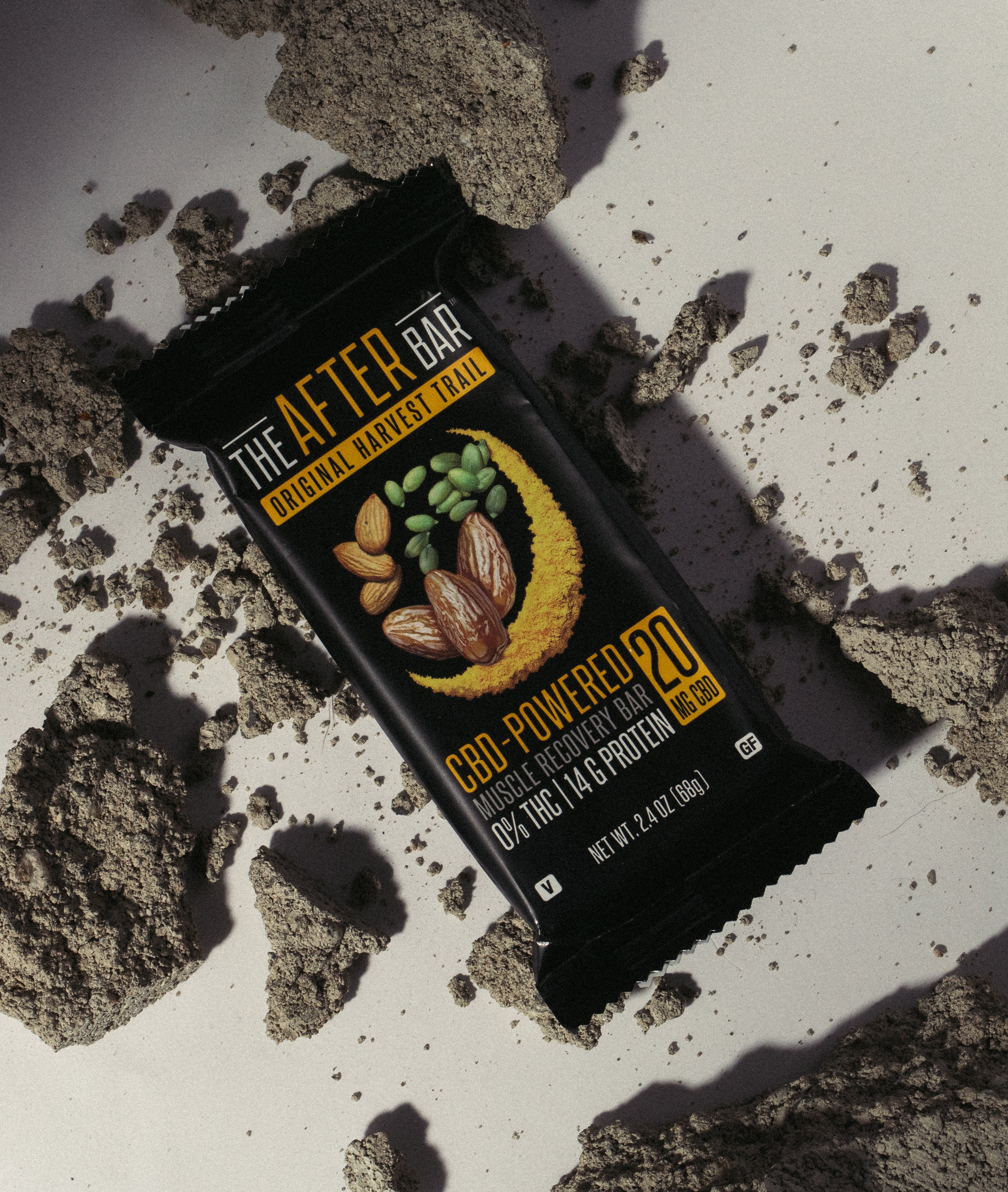
Leave a comment